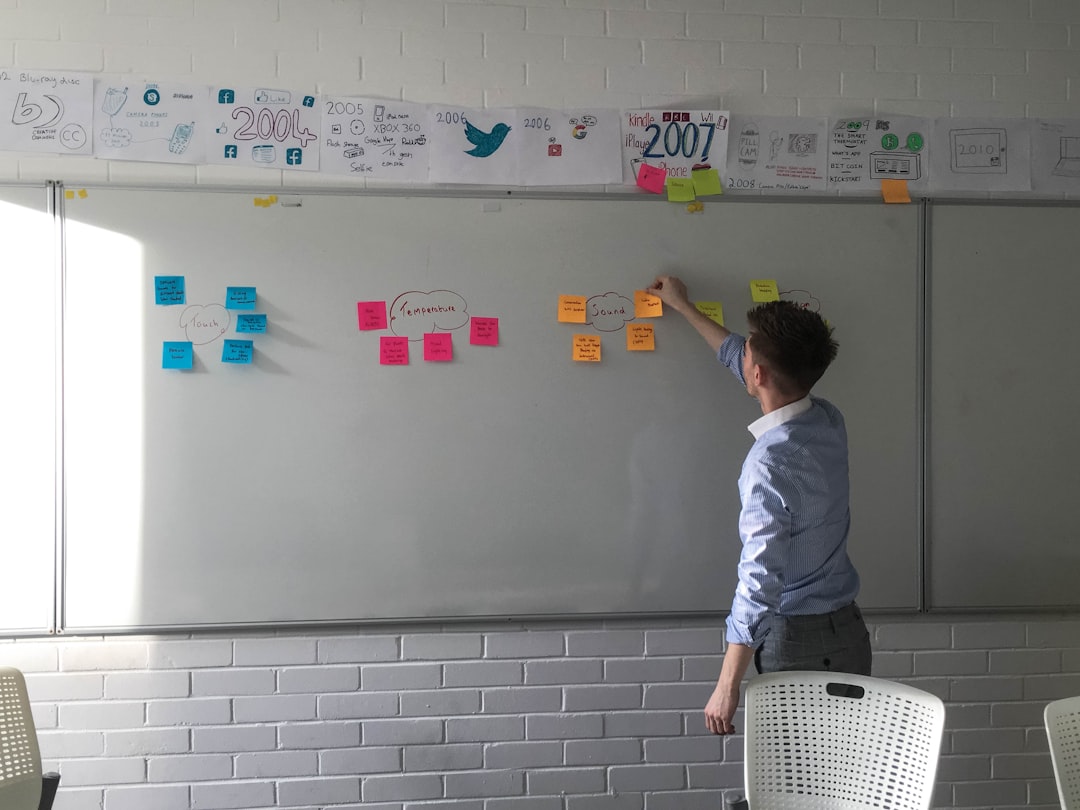Validate your bets — introspection is the key

Reading this The New Yorker piece on rationality reminds me of the importance of the metacognitive skill — cognizant of your own thinking — in every facet of your life. It’s a worthy read.
From the product management perspective, here are my key takeaways:
1. Get comfortable keeping competing ideas or paradigms in your head at the same time. Of all the definitions of rationality, I like Julia Galef’s very much, which goes like this, “Rationality is a mental faculty, parallel to but distinct from intelligence, which involves person's ability to juggle many scenarios in her head at once, without letting one monopolize her attention or bias her against the rest.” This skill enables an open mind where you’re not biased toward one set of users or feedback instead of other users/segments or stakeholders.
2. It’s not about the smartness, but how good a juggler you are. The better you are at juggling competing ideas, the better your execution is. The New Yorker article cites how some brilliant people make dumb decisions: “college kids getting drunk the night before a big exam, or travelers booking flights with impossibly short layovers.” For product people, as an example, blindly moving forward with a brute force approach for a product release without regard for the key performance indicators (KPIs). Moving forward with the release may be the right thing under the circumstances; the question here is for your decision making, are you evaluating various pieces of feedback along with unearthing some not-so-obvious data?
3. Proactively seek new data, more importantly, have an open mind to adapt. We all get new data as we move forward with the initiatives — product discovery to definition to development, and sometimes even during the development. How open your mind is and how you react to the new data that matters. You may not know much about Bayesian reasoning, but in a nutshell, it's about: “When the new information comes in, you don't want it to replace the old information wholesale. Instead, you want it to modify what you already know to an appropriate degree. The degree of modification depends both on your confidence in your preexisting knowledge and on the value of the new data. Bayesian reasoners begin with what they call the "prior" probability of something being true, and then find out if they need to adjust it."
